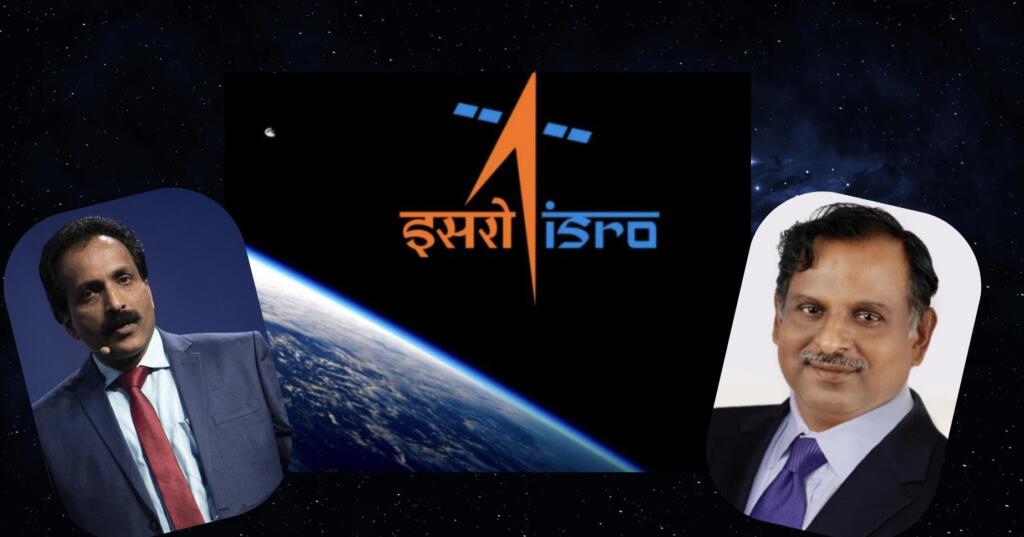V Narayanan Set to Succeed S. Somanath as ISRO Chairman: A Legacy of Innovation and Ambition
The Indian Space Research Organisation (ISRO) has appointed V Narayanan as its new chairman, marking the end of S. Somanath’s impactful tenure. The announcement, made by the Union government on January 7, 2025, comes after Somanath’s term ended.
Notably, hi leadership saw India achieve historic milestones, such as the successful soft-landing of a rover on the Moon’s south pole.
With nearly four decades of experience, Narayanan now faces the responsibility of advancing ISRO’s space exploration, research, and international collaborations.
The Legacy Narayanan Inherits
Narayanan, who will officially assume charge on January 14, 2025, brings invaluable expertise, especially in rocket and spacecraft propulsion. A graduate of IIT Kharagpur, he joined ISRO in 1984 and has held several key roles. Notably, his leadership at the Liquid Propulsion Systems Centre (LPSC) led to the development of the CE20 Cryogenic Engine for the GSLV Mk III rocket, a cornerstone of India’s space ambitions.
Narayanan’s contributions to major projects, such as Aditya-L1—India’s first mission to study the Sun—and the GSLV Mk-III missions for launching heavier payloads, have earned him accolades, including the Shri Award from the Astronautical Society of India and the Distinguished Alumni Award from IIT Kharagpur. As chairman, Narayanan is tasked with advancing India’s space technology and overseeing ambitious projects like Chandrayaan-4 and Gaganyaan, India’s manned space mission.
Reactions to the Appointment
The announcement has been met with praise. K. Annamalai, the Tamil Nadu BJP chief, congratulated Narayanan on Twitter, recognising his pivotal role in developing India’s cryogenic engine. He also expressed gratitude to Somanath, under whose leadership India achieved the historic milestone of landing a rover on the Moon’s south pole.
Annamalai’s tweet emphasised the sense of continuity, stating:
“Hearty congratulations to Thiru V Narayanan avl for being appointed as the Chairman of ISRO. Hailing from Tamil Nadu, Thiru Narayanan has been instrumental in the development of India’s cryogenic engine. We also thank Thiru Somanath avl, under whose chairmanship of ISRO, India became the first country to land a rover in the Moon’s south pole region,” Annamalai tweeted.
This spirit of achievement reflects the expectation that Narayanan will continue ISRO’s trajectory of excellence. The transition from Somanath to Narayanan is seen as seamless, with Narayanan expected to build on the foundation laid by his predecessor.
A Legacy to Uphold: The Road Ahead
As Narayanan takes charge, he inherits not just a legacy but also an organisation that stands at the forefront of global space exploration. Innovations such as the SpaDex docking technology will position India alongside space giants like the US, Russia, and China. Moving forward, Narayanan’s expertise in propulsion systems and space technology will be pivotal as ISRO pursues further milestones, including manned space missions and advanced satellite capabilities.
The rise of private space ventures adds another challenge. Narayanan must balance ISRO’s public sector origins with the increasing commercialisation of space. His leadership will need to focus on fostering collaboration with international space agencies and private startups to keep ISRO competitive in this rapidly changing space landscape.
